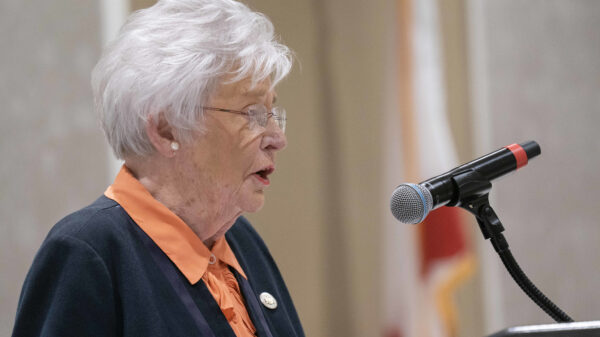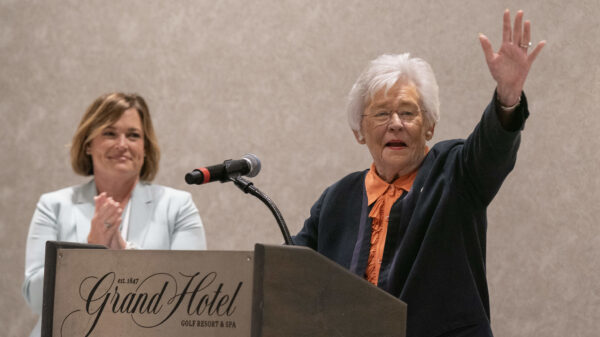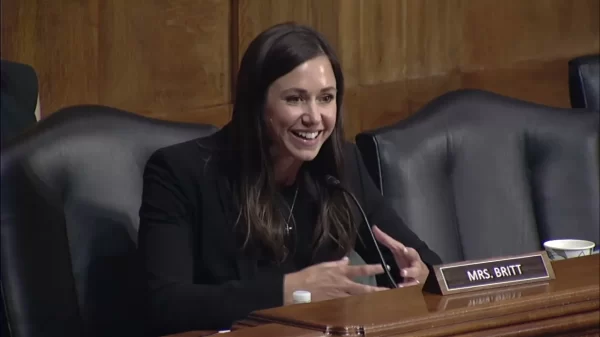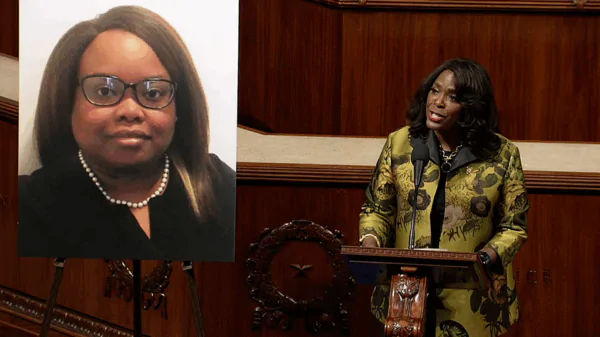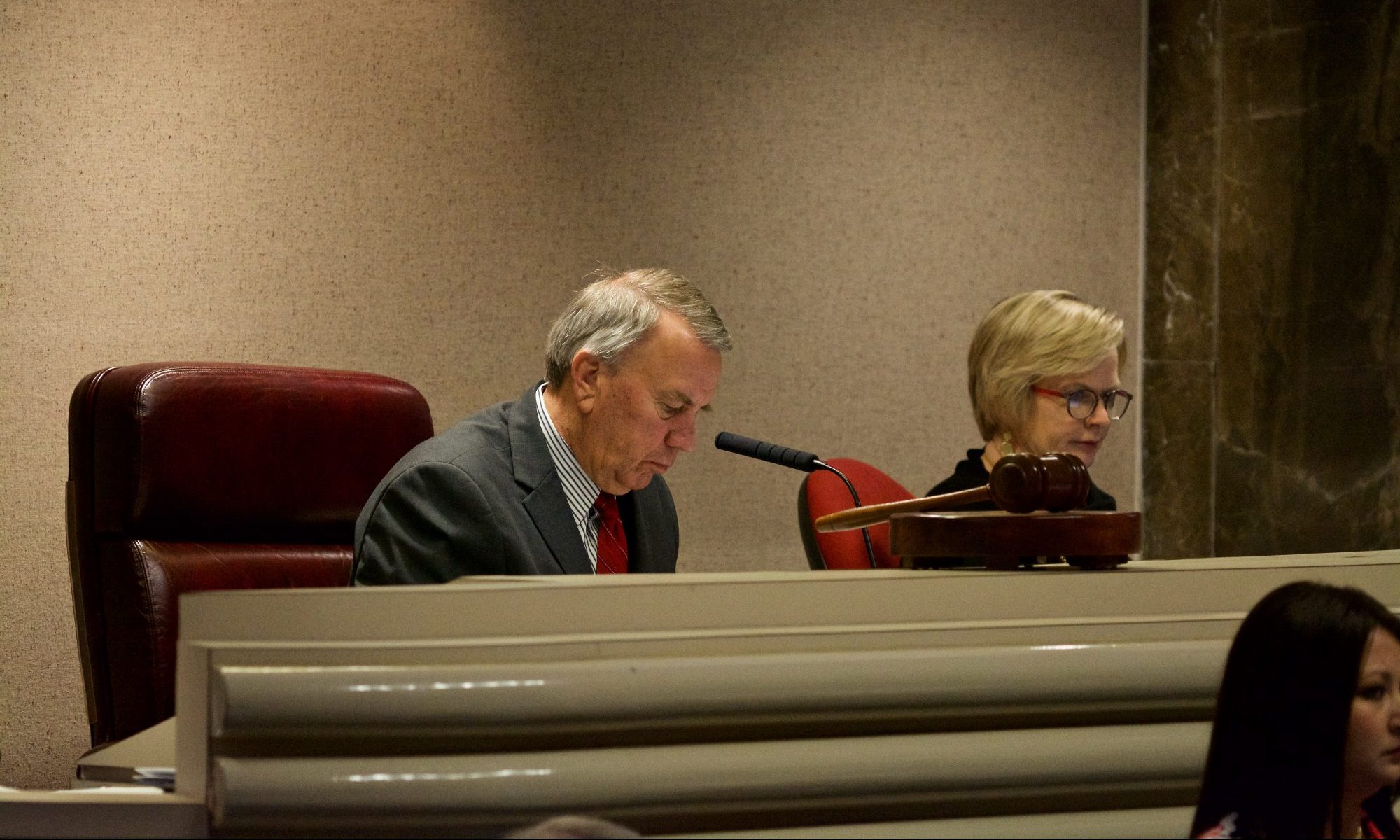On Thursday Speaker of the House Mac McCutcheon blamed the Senate for the failure of a controversial piece of legislation that would have forced law enforcement officers to record the race and age of everyone they interact with while on the job.
Senate Bill 84 would have collected data on every traffic stop and police incident report in the state in order to attempt to document cases of racial profiling.
On Thursday, the Alabama House met but never brought Senate Bill 84 by Senator Rodger Smitherman, D-Birmingham, to the floor for consideration.
McCutcheon, after the session ended, said that he thought that he had the votes to pass SB84 and that he had gotten the sponsor of the next bill on the calendar to carry over his bill so it could come to the floor after HB317 was concurred.
McCutcheon said the body was prepared to work very late, but stopped after the Senate declared Sine Die a little after 9:30 a.m.
“The members had no will to continue,” McCutcheon said.
SB84 was strongly opposed by many in the law enforcement community and was soundly rejected by the Alabama House last Thursday.
The Speaker had worked with House sponsor Merika Coleman, D-Midfield, to craft a compromise bill. That version of SB84 was placed on the special order calendar on Tuesday with 18 other bills, but only two of those bills passed. While the leadership wanted the bill to pass, they also did not want it to come to the floor and be defeated again.
On Wednesday, just before a recess for Republicans to caucus about the bill, the Alabama Political Reporter asked Nathaniel Ledbetter, R-Rainsville, if they had the votes to pass SB84. He answered, “I don’t know.”
Earlier on Wednesday, Coleman told reporters that she did not know if they had the votes to pass the bill.
State Representative Randy Wood, R-Anniston, opposed the bill.
On Wednesday he told reporters that he did not think the bill would pass and that he did not believe that the bill’s supporters had the votes. Wood said that many members of law enforcement were calling legislators to urge them not to pass SB84.
Wood told APR that he would not vote for anything that would hinder the ability of law enforcement to do their jobs.
APR asked Ledbetter on Wednesday if the Alabama Sheriff Association, which opposed the Senate version of the bill, was still opposing the compromise version of the bill that McCutcheon was promoting and he did not think so, but added, “Several individual sheriffs are strongly opposed,”
When the House voted to adjourn on Wednesday that effectively killed SB84 because the House was planning to pass a substitute version of SB84.
For the bill to get to the Governor’s desk it would have to get on the calendar, come to the floor, the House substitute would have to be adopted, the bill would have to pass, and then it would have to be transmitted to the Senate and they would have to concur with the changes that the House had made. The media was reporting that the House would not take up SB84 because it was not going to adopt a special order calendar on Thursday’s unexpected session.
Smitherman said that he was disappointed to find out on the radio that his bill had been killed and blamed the House leadership.
Coleman told reporters that she felt that she had been misled by the leadership.
At 9:00 a.m. the Senate came in, voted to pass the education budget and then voted to sine die; ending the Senate’s legislative session.
The Senate left at 9:30 a.m. while the House still was trying to get enough members to show up in order to have a quorum to even begin the work day. The House passed HB317, which was a priority of the Alabama Commerce Department, and voted to concur with executive amendments and conference committees on several bills then ended their legislative session by lunchtime Thursday.
The Alabama Constitution allows the legislature to meet for 30 days for the yearly regular session. The legislature decided early on that they were only going to meet for 25 days this year.
On Wednesday, State Representative Jack Williams, R-Vestavia, said on the floor of the House, “I am not happy with us sine dieing today.”
Williams said that in every meeting on the topic that they should have worked the full 30 days but the other members must have been asleep because they were not listening.
The taxpayers pay the state legislators $44,765 a year to meet in Montgomery. If they meet for the full 30 legislative days that translates into $1,492 a day of work, and members who do not show up are usually excused. If they only meet for 26 days, like this year, that amounts to $1,722 a day.
There was no desire from either house to work late into Thursday to pass SB84.






